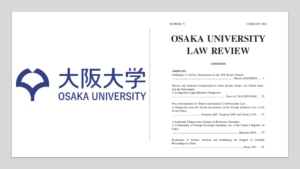Australian Federal Court Backs India on Sovereign Immunity: Another Twist in the Devas v. India Saga
by Shantanu Kanade, Assistant Professor, Dispute Resolution, Jindal Global Law School, India
The Federal Court of Australia (“Federal Court”), in its recent judgement in the Republic of India v. CCDM Holdings, LLC[1] (“Judgement”), held that the Republic of India (“India”) was entitled to jurisdictional immunity from Australian Courts in proceedings seeking recognition and enforcement of foreign arbitral awards dealing with disputes arising from ‘non-commercial’ legal relationships. The Court’s judgment was rendered with respect to an appeal filed by India against an interlocutory judgement of a primary judge of the same court, rejecting India’s sovereign immunity claim.
Background of the Dispute
Three Mauritian entities of the Devas group (“Original Applicants”) had commenced arbitration proceedings in 2012 under the 1998 India-Mauritius BIT, impugning India’s actions with respect to an agreement for leasing of space spectrum capacity entered between Devas Multimedia Private Limited (an Indian company in which the Original Applicants held shares) and Antrix Corporation Limited (an Indian state-owned entity). In 2011, India’s Cabinet Committee on Security decided to annul the said agreement, citing an increased demand for allocation of spectrum towards meeting various military and public utility needs (“Annulment”). The arbitration proceedings that followed culminated in a jurisdiction and merits award in 2016[2] and a quantum award in 2020 (“Quantum Award”)[3]. The Original Applicants have since sought to enforce the Quantum Award against India in different jurisdictions, discussed here.[4]

